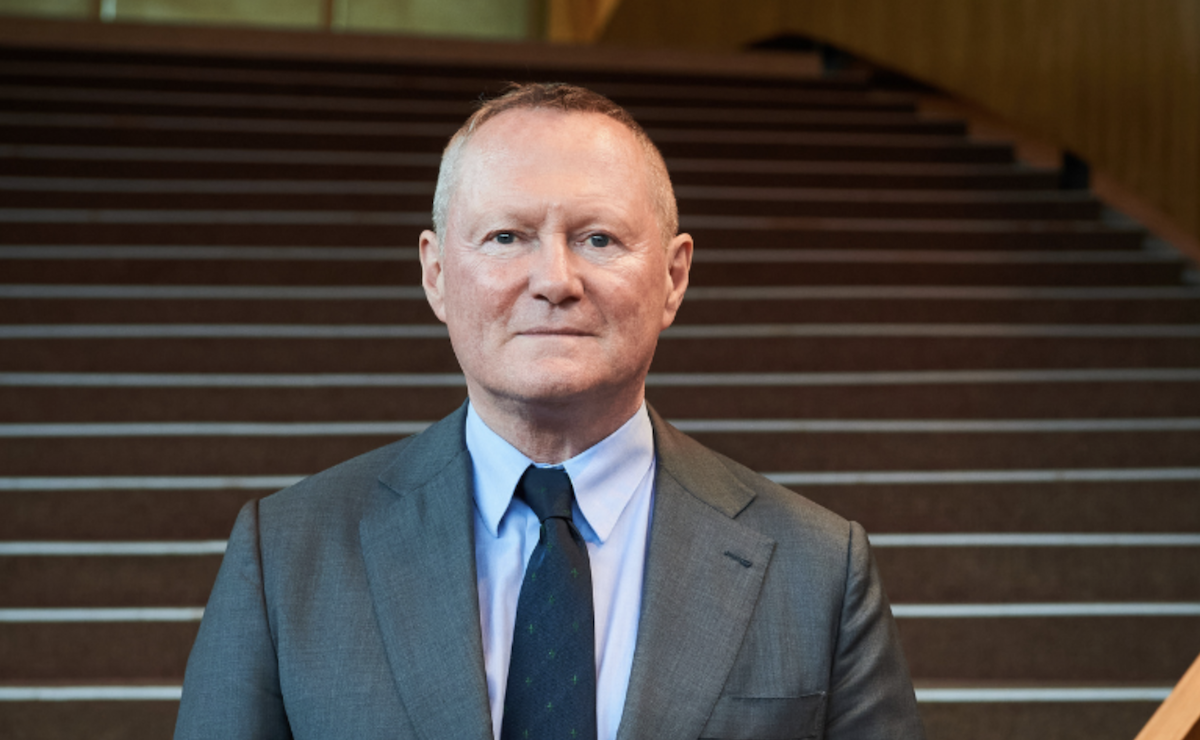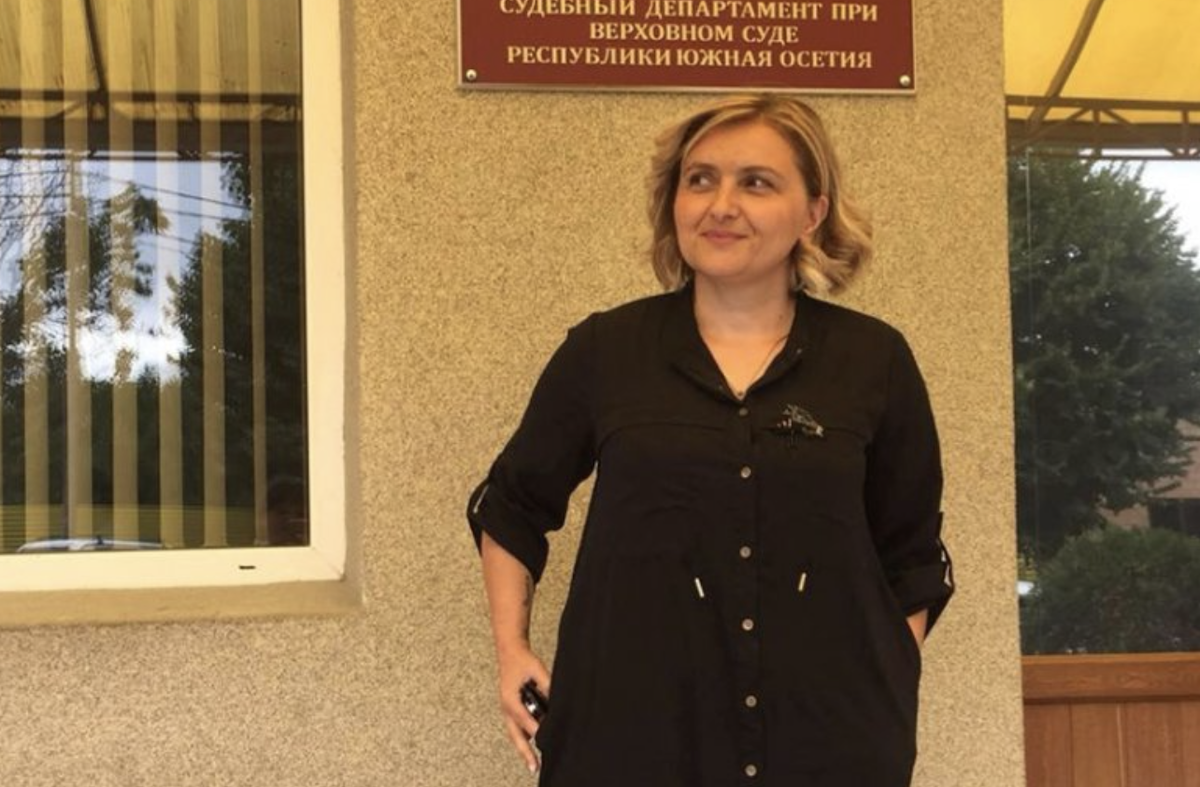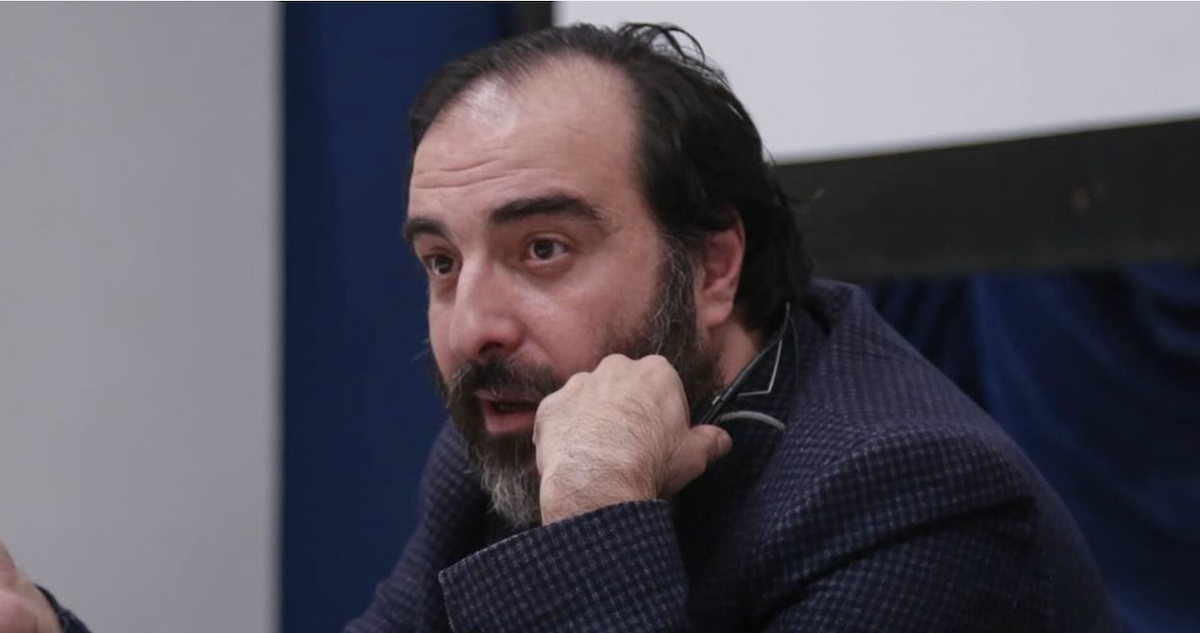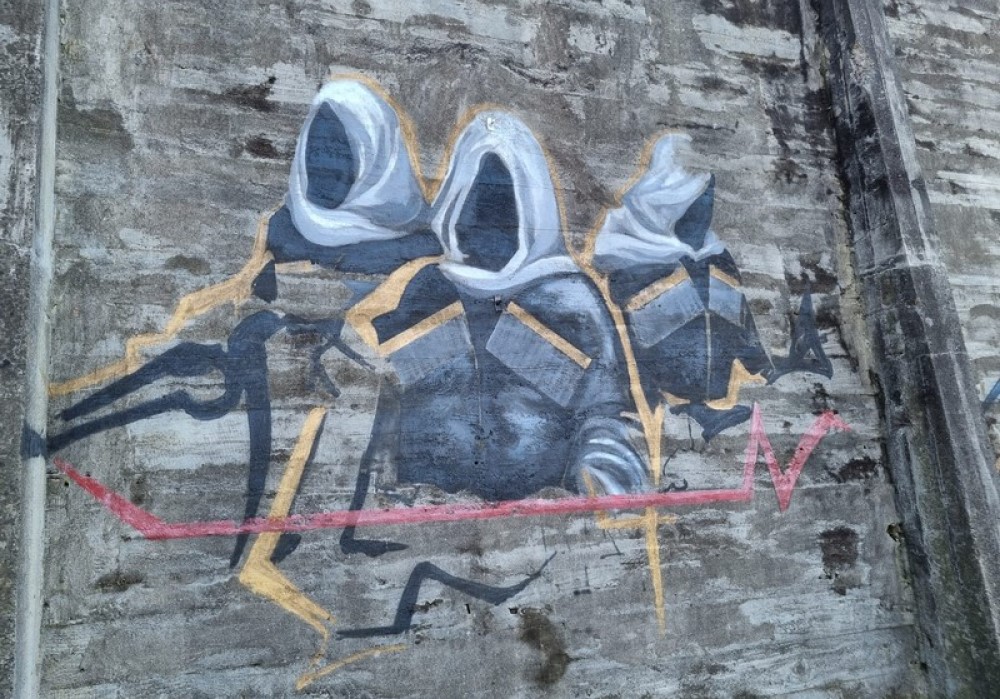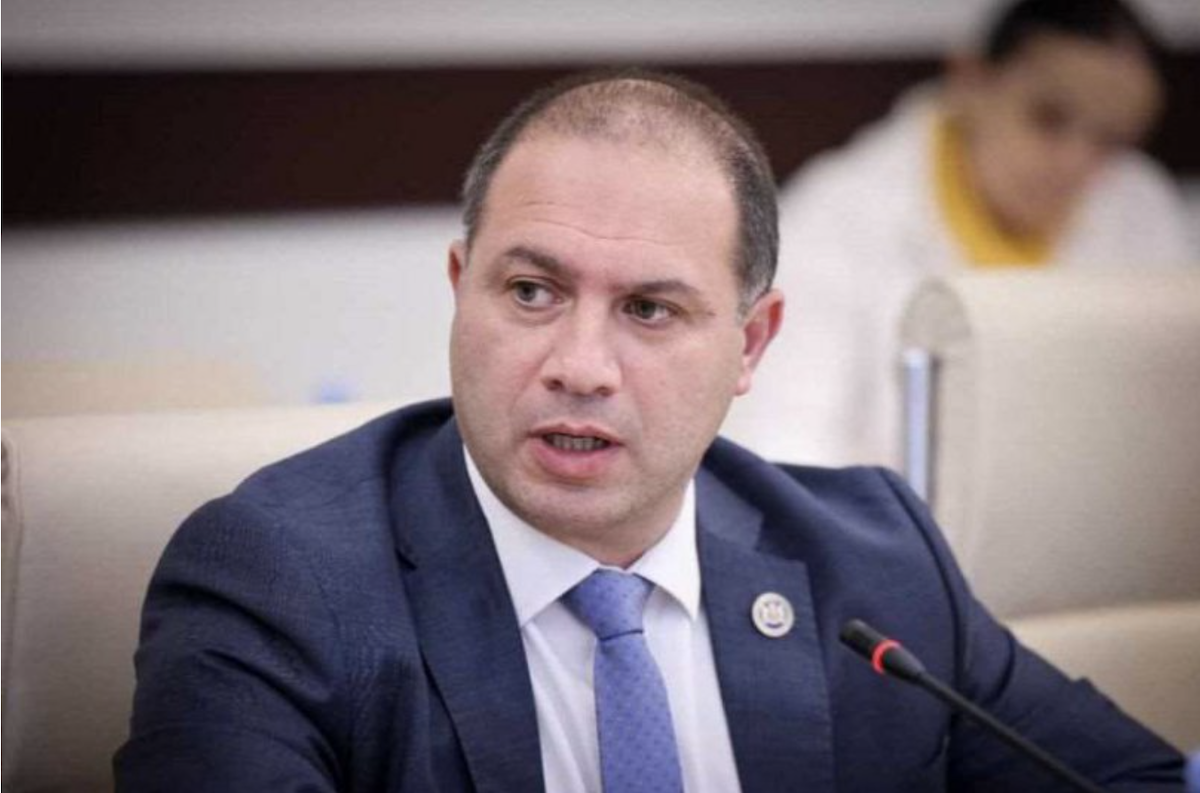Jailed Azerbaijani journalist: “I suspect violence caused more serious harm to my health”
Jailed Azerbaijani journalist Ulviyya Ali
Ulviyya Ali, arrested in connection with the “Meydan TV case,” writes from Pretrial Detention Centre No. 1 that the effects of torture endured during her arrest have worsened: she now suffers constant headaches, nausea, dizziness, and blurred vision.
Journalist Ulviyya Ali (Guliyeva) was violently detained by officers of the Baku City Police Department during the night of 7 May. A search was conducted at her home. That same day, the Khatai District Court ordered her to be held in custody for one month and 29 days.
On 6 December 2024, Meydan TV staff members Ramin Deko (Jabrayilzade), Aynur Ganbarova (Elgyunesh), Aysel Umudova, Aytaj Akhmedova (Tapdyk), Hayala Aghayeva, and Natig Javadly were also detained. They were charged under Article 206.3.2 of the Azerbaijani Criminal Code (smuggling committed by a group of persons by prior agreement). The criminal case against them became known as the Meydan TV case.
Later, more journalists were arrested under the same case: Shemshad Aga, Nurlan Libre, and Fatima Movlamli.Meydan TV states that these arrests are solely due to their critical journalistic work.
Below is a letter from Ulviyya Ali, sent from the pretrial detention centre to JAMnews, published without any changes.
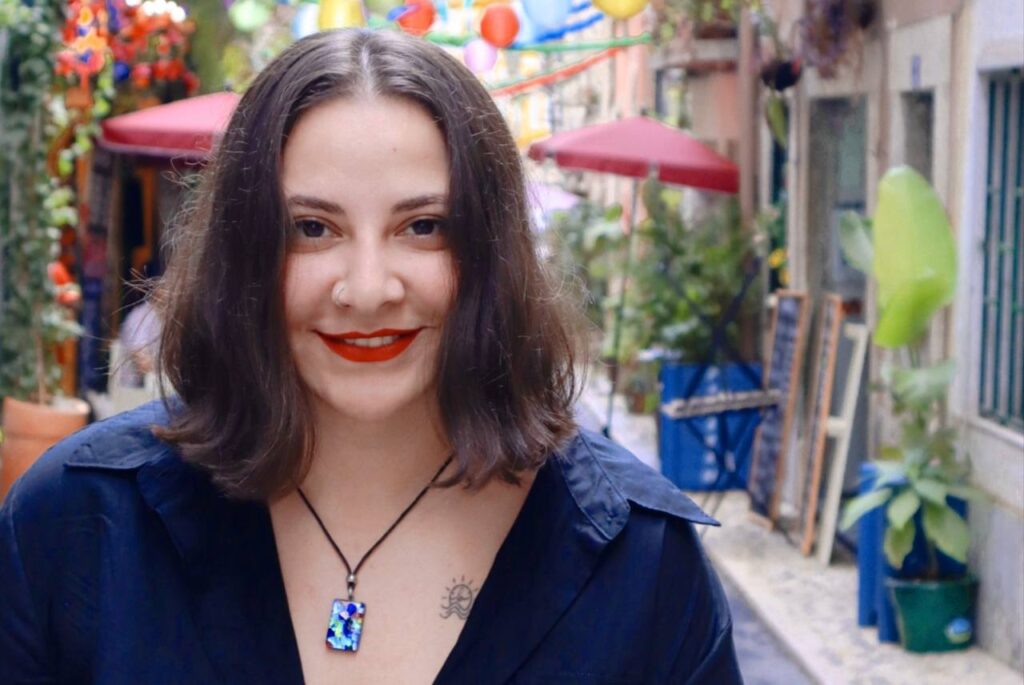
It has been 20 days since my arrest, yet no necessary steps have been taken to arrange a medical examination.
In 2017, I was diagnosed with a microadenoma — a 4 mm tumour near the pituitary gland. Since then, I have undergone annual check-ups and treatment. Since the beatings on 7 May, not a single day has passed without headaches, nausea, dizziness, and blurred vision. Because of this, I take two to three painkillers a day, but this is not sufficient for proper treatment.
I suspect more serious harm to my health, as since my arrest, in addition to constant nausea, I have experienced vomiting, and twice I have had nosebleeds. I believe the violence caused me serious damage.
No medical examination has been ordered in connection with the abuse.
Although 20 days have already passed, the delay may erase visible traces of the beatings, but it cannot undo the damage done to my health. That damage is showing itself in other ways.
Not a single police officer who used violence against me or threatened me with rape has been held accountable
I have also faced other violations of my rights.
Although I was detained around 11:00 p.m. on 6 May, the official record states the time as 03:50 on 7 May.
An unlawful search was conducted at my home without a lawyer present. It is claimed that €6,700 was found in my house, but that money does not belong to me. I do not use cash at all — not even in the national currency, the manat.
Moreover, in a country where more than 30 journalists have been arrested on similar charges, it would be extremely unwise to keep money at home, even if it were mine.
- Azerbaijani activist Nijat Amiraslanov sentenced to 15 days of administrative arrest
- Being a journalist in Azerbaijan: the story of the detention of Ulviyya Ali, Voice of America reporter
- Poland intercepts aircraft tyres bound for Russia, shipment linked to Azerbaijani firm
Since 2019, I have been working with Voice of America. After Voice of America was shut down, I continued publishing my reports and court monitoring pieces on my Facebook page without any payment. Those who are obsessed with money will never understand the meaning of this. Because for me, journalism is not about money — it’s a matter of conscience.
I have no professional connection with Meydan TV. In an attempt to restrict my journalistic work, they are trying to link me to a criminal case involving a media outlet I have nothing to do with. Anyone familiar with the principles of copyright knows: if a piece is published from a public profile, anyone has the right to share it as long as they credit the source. For several months now, my materials have been shared by both local and international media. But that doesn’t make me their employee — because there is no employment contract or financial obligation between us.
What I miss most is journalism — and, of course, music. Sometimes I quietly hum to myself. When something interesting happens in the cell, I regret not being able to capture it in a photo. But I record it all in my memory. On the day of my detention, as I approached my building, the red glow of a car’s headlights reflected beautifully in a puddle under the rain. I lifted my head after taking the shot, and the person who detained me came over and demanded I hand over my phone. I didn’t know then that this would be the last photo I’d take in freedom.
The first book I read in prison was a biography of Marie Antoinette. By strange coincidence, on 10 May I read the following passage:
“Finally, on Tuesday, 10 May, at half past two, the candle went out. The palace trembled from the cry that echoed from room to room, sending a shiver through everything: ‘The king is dead, long live the king!’”
When I read this sentence, I thought of my dear friend Bayram Mammadov, as well as Giyas Ibrahimov (activists imprisoned for graffiti on a monument painted on 10 May — the birthday of Heydar Aliyev – ed.). And when I was subjected to violence at the Baku Main Police Department, I remembered them again, because I was tortured under the same roof, with the same methods. We became not only comrades in ideology but companions in fate.
In conclusion, I want to emphasise once again: journalism is not a crime!
Thank you to everyone who supported me in these days, who shed light on the violence and threats of rape I faced, and who shared information about me!
With love,
Ulviya Ali
BSI (Baku Pretrial Detention Centre)










